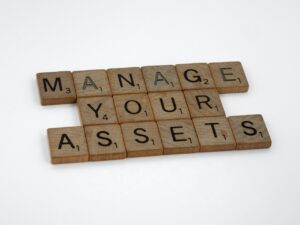Make Saving a Habit

If there is one financial habit which will get you ahead it is this one…
Saving!
Why you must develop the savings habit
It is not how big your pay packet is, what counts is what you do with the money. Irrespective of your financial situation, it makes economic sense to save a portion of your income regularly. the mains reasons for saving are;
1-For unexpected emergencies such as car expenses, the washing machine breaking down, or dental bills.
2-To put aside money for your retirement.
3-Holidays or wedding expenses.
4-study expenses
5-Home repairs.
6-To save for a deposit for a home.
7-Saving for a car
8-Saving for a business
Consequences of not having any savings
If you do not have any savings of your own then if an unexpected emergency crops up such as the car breaking down then you may have to borrow the money to pay for repairs and every time you borrow money, the interest you pay means that you are always paying a higher price for goods and services bought with borrowed money than someone who always pays in cash.
Saving money requires you to live within your means and to live modestly. Good savers will not purchase items brand new when they can find the same item in a charity shop at a fraction of the price.
Your choices will make or break you
Every time you make a choice there will be consequences, good or bad. The key is to make enough good choices to succeed and to minimize your bad choices. It is important to keep your eyes and ears open to what is happening around you and listen to wise people who have succeeded in their chosen field. Having said that, you must row your own boat and discover your own calling in life.
Joining your country’s retirement scheme.
Many countries around the world have their own retirement savings scheme where a portion of your gross income is invested in that country’s retirement fund and your money cannot be withdrawn until you reach retirement age which varies between different countries. (In New Zealand it is currently 65)
Accumulate investments.
It is a good idea to not only have a retirement fund but invest in various areas to increase your financial knowledge. The share market, managed trusts, and fixed term investments are all well worth getting into.
Don’t place all your eggs in one basket
Don’t under any circumstances place all of your eggs in one basket. There is no guarantee that a particular company will not go under irrespective of how solid it appears. After all, if a company is in trouble, its directors are hardly going to shout it out from the rooftops are they? During the economic downturn around 2008, many people lost a lot of money in failed finance companies and the tragedy was that many of these folk invested their entire life savings into the one company. In other words they placed all of their eggs into one basket. The number one rule is to spread your risk. Divide your money among several different companies. That way you stand a far better chance of protecting your financial assets.




















